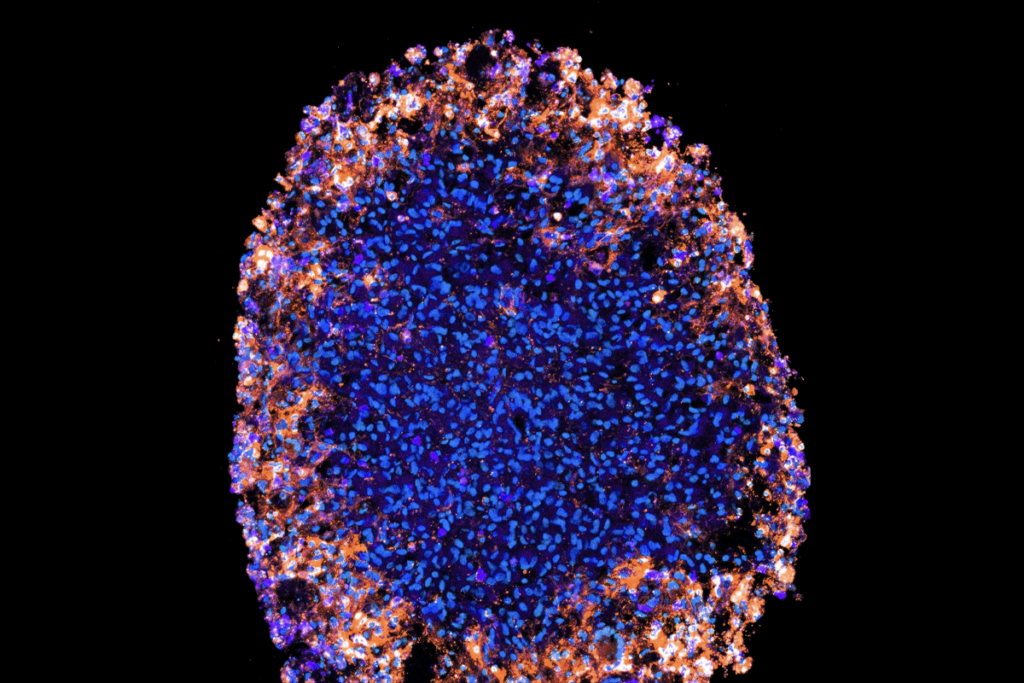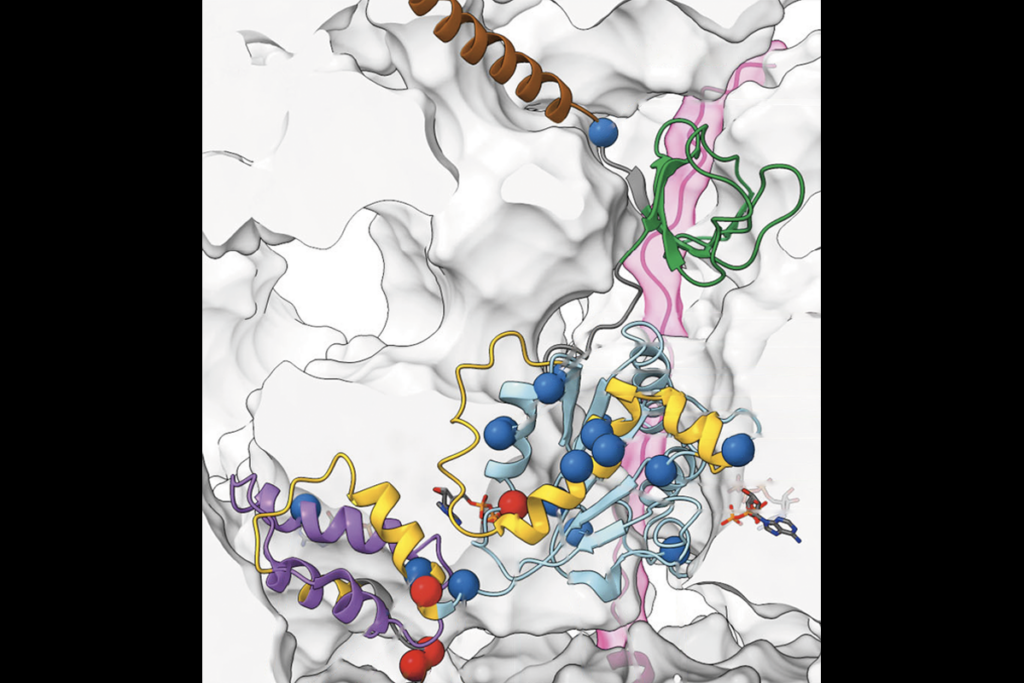Male mice more vulnerable to tilt of gut-brain axis
Early disruption of the microbes that inhabit the gut can alter a mouse’s sociability long term.
Early disruption of the community of microbes that inhabit the gut can alter a mouse’s sociability long term, according to unpublished research presented yesterday at the 2015 Society for Neuroscience annual meeting in Chicago. And data from two mouse models show that only males are affected.
Some evidence suggests that the gut microbiome is abnormal in people with autism and that this may contribute to autism symptoms. Amid growing interest in the connections between the gut and the brain — the so-called gut-brain axis — scientists are modeling and manipulating this relationship in mice. “This field is very hot right now,” says Tim Arentsen, a graduate student in Rochellys Diaz Heijtz’s lab at the Karolinska Institute in Stockholm, Sweden.
In the study Arentsen presented, researchers gave female mice the antibiotic ampicillin throughout their three-week pregnancies, stopping the drug just after the mice gave birth. Antibiotics alter the microbiome, so the researchers reasoned that this treatment would affect the microbial mix the mothers transfer to their pups around birth. (The researchers are now testing this assumption by analyzing the microbes in control and antibiotic-treated females.)
Just before the pups reached puberty, the researchers gave them a battery of behavior tests. They found that male mice born to antibiotic-treated mothers are more active than controls. They cover greater distances when allowed to explore a shallow box and rear up on their hind legs more often. (Females born to these mothers are also unusually active, but only after they’ve become used to the testing procedure.)
Kissing males:
The males are also unusually social. When researchers give them a choice between three sections of a box — one that is empty, another containing an object and the third, another mouse — the male mice spend far more time than controls with the other mouse. Female mice born to antibiotic-treated mothers, by contrast, spend the same amount of time with the other mouse as controls do.
Repeating this test with adult mice, the researchers found that males born to antibiotic-treated mothers remain quite gregarious.
“They want to interact more with the stimulus animal, to our surprise,” Arentsen says.
The increased social behavior of the males from the antibiotic-treated mothers seems to contradict the notion that alterations in the microbiome lead to decreased sociability in autism. Consistent with this view, researchers have previously found that germ-free mice — which are raised in sterile conditions and lack a microbial community in their gut — are less social compared with mice reared in a normal, microbe-rich environment1.
Yet the new results jibe with other unpublished experiments presented yesterday, also from Diaz Heijtz’s lab, in which male mice raised in germ-free conditions were also found to be more social than controls.
This study found that 3-month-old, germ-free males spend more time in the section of the box with the other mouse, and they sniff and ‘kiss’ their companion by touching noses. “It was really pronounced that they are really social,” says Henrike Raith, the graduate student who presented this work.
“This is completely the opposite to our data,” says John Cryan, professor of anatomy and neuroscience at University College Cork in Ireland, who led the previously published work on germ-free mice but was not involved in the current studies.
It is not clear why the results are so disparate, but Arentsen speculates that the social male mice could represent people with autism who are eager to interact, but do so awkwardly or inappropriately. “I think the most striking thing is that it is altered compared to controls,” he says.
Repeat rearing:
That only the male mice are unusually social is consistent with the sex ratio in autism: The disorder is diagnosed much more often in males. “We find sex differences in germ-free animals, more in males,” says Cryan. “Understanding why the male brain is particularly vulnerable to microbial perturbations will be important.”
Cryan’s team also found that germ-free males groom themselves more than controls, a behavior reminiscent of the repetitive behaviors seen in autism. But the new study found no difference in grooming between germ-free males and controls.
Neither experiment, of course, relates closely to what generally happens in people. Cryan notes that in the antibiotics experiment, the mice are given the medication for the entire duration of their pregnancy, which rarely occurs in pregnant women. But the results are biologically interesting nonetheless.
“It still confirms that the microbiota is shaping behavior,” Cryan says. And then, with an almost cheery acceptance that science doesn’t always yield clear answers right away: “So there’s something different in Ireland.”
For more reports from the 2015 Society for Neuroscience annual meeting, please click here.
References:
- Desbonnet L. et al. Mol. Psychiatry 19, 146-148 (2014) PubMed
Recommended reading

Among brain changes studied in autism, spotlight shifts to subcortex
Home makeover helps rats better express themselves: Q&A with Raven Hickson and Peter Kind
Explore more from The Transmitter

Dispute erupts over universal cortical brain-wave claim
Waves of calcium activity dictate eye structure in flies

